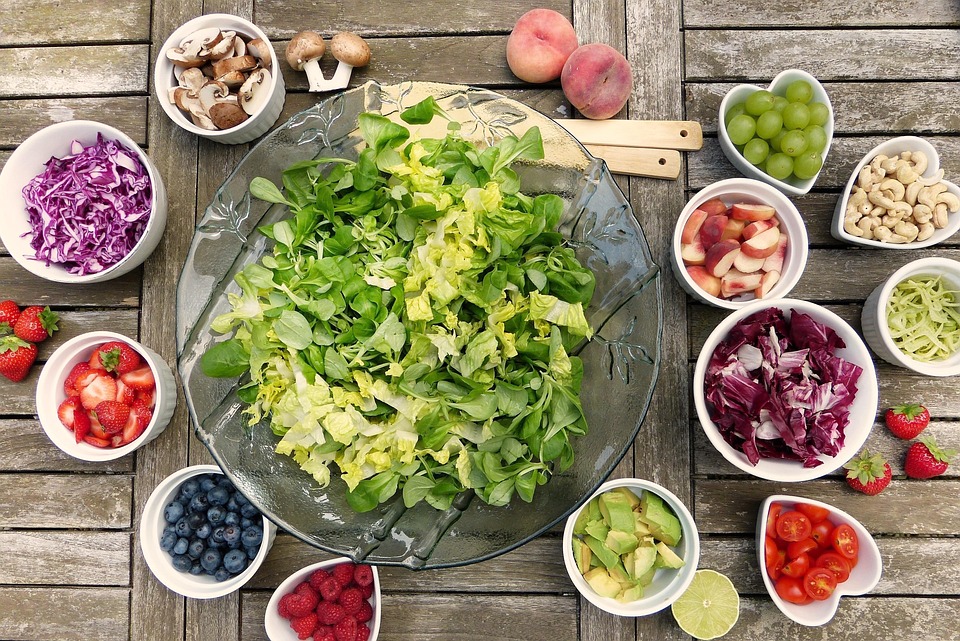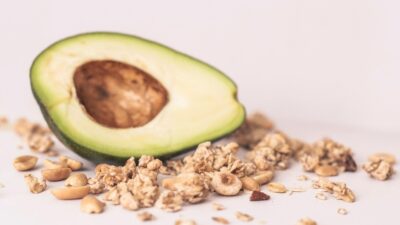In a world increasingly focused on convenience, the idea of a seasonal diet might seem antiquated. However, as more people turn to plant-based diets for health, environmental, and ethical reasons, the concept of eating with the seasons is gaining renewed popularity. Seasonal veganism not only nourishes your body but also enriches your relationship with food and the environment. Here’s why embracing seasonal produce can lead to optimal health and a more sustainable lifestyle.
The Fundamentals of Seasonal Eating
Seasonal eating revolves around consuming foods that are harvested during their natural growing season in your geographic area. For example, strawberries peak in late spring and early summer, while root vegetables like carrots and beets flourish in cooler months. Understanding the seasonal cycle of fruits and vegetables helps you make more informed choices about what to include in your diet.
Advantages of Seasonal Eating
1. Nutritional Benefits
Seasonal fruits and vegetables are often fresher and more nutrient-dense. When harvested at their peak ripeness, they tend to retain more vitamins and minerals compared to those that are picked early and transported long distances. For example, a locally grown tomato will likely have more flavor and nutrients than a mealy tomato shipped from afar.
2. Environmental Sustainability
Eating seasonally means supporting local farmers and reducing carbon footprints associated with transportation. By choosing local produce, you contribute to sustainable agricultural practices, preserve biodiversity, and help your community’s economy. Seasonal eating also minimizes reliance on energy-intensive greenhouses and warehouses.
3. Flavor and Variety
Seasonal foods are known for their superior taste. When you consume produce at its peak, you’re often treated to vibrant flavors that far surpass out-of-season alternatives. Additionally, focusing on what’s in season encourages variety in your diet. As you rotate through different fruits and vegetables, you expose yourself to a wide array of nutrients and culinary experiences.
4. Economic Savings
Buying seasonal produce often means better prices since it is in abundance. When fruits and vegetables are harvested locally and during their natural growing cycle, you avoid premium prices often associated with off-season imports.
Building a Seasonal Vegan Plate
Creating a seasonal vegan menu can be a delightful culinary journey. Here’s a basic guide to help you plan your meals throughout the year based on what’s typically in season.
Spring
Produce: Asparagus, spinach, radishes, peas, and strawberries.
Meal Ideas:
- A fresh spinach and strawberry salad topped with nuts and a light vinaigrette.
- Grilled asparagus with lemon and quinoa.
Summer
Produce: Tomatoes, zucchini, corn, bell peppers, and melons.
Meal Ideas:
- Ratatouille with vibrant summer vegetables.
- Gazpacho, made with garden-fresh tomatoes, cucumbers, and bell peppers.
Fall
Produce: Pumpkins, sweet potatoes, apples, and Brussels sprouts.
Meal Ideas:
- A hearty sweet potato and black bean chili.
- Roasted Brussels sprouts with balsamic glaze, paired with grain bowls.
Winter
Produce: Kale, root vegetables (carrots, turnips, beets), and citrus fruits.
Meal Ideas:
- A kale salad with roasted beets and citrus segments.
- A comforting vegetable stew featuring seasonal root vegetables.
Tips for Seasonal Vegan Living
-
Visit Local Farmers’ Markets: These markets are treasure troves of seasonal produce and often boast organic options.
-
Join a Community Supported Agriculture (CSA) Program: Subscribing to a CSA allows you to receive a box of seasonal, locally grown produce each week, encouraging you to experiment with new foods.
-
Plan Meals Around What’s Fresh: Create weekly meal plans that adjust according to what’s available in season. This not only makes shopping easier but also keeps your diet diverse.
- Preserve When You Can: Take advantage of seasonal surpluses by canning, freezing, or dehydrating fruits and vegetables to enjoy throughout the year.
The Emotional Connection
Seasonal veganism can deepen your appreciation for food and its origins. When you engage with your local food system and recognize the cycles of nature, you establish a mindful connection with what you eat. You become more aware of the source of your nourishment and can appreciate the effort that goes into food production.
Conclusion
Embracing a seasonal vegan lifestyle is not just a dietary choice; it’s a holistic approach to well-being. By eating with the seasons, you enhance nutrient intake, support local economies, reduce environmental impact, and indulge in a flavorful variety of foods. As you explore seasonal produce, you’ll find yourself more in tune with nature, fostering a fulfilling, health-conscious approach to eating. So next time you’re at the market or grocery store, consider what’s in season and let that guide your choices.



